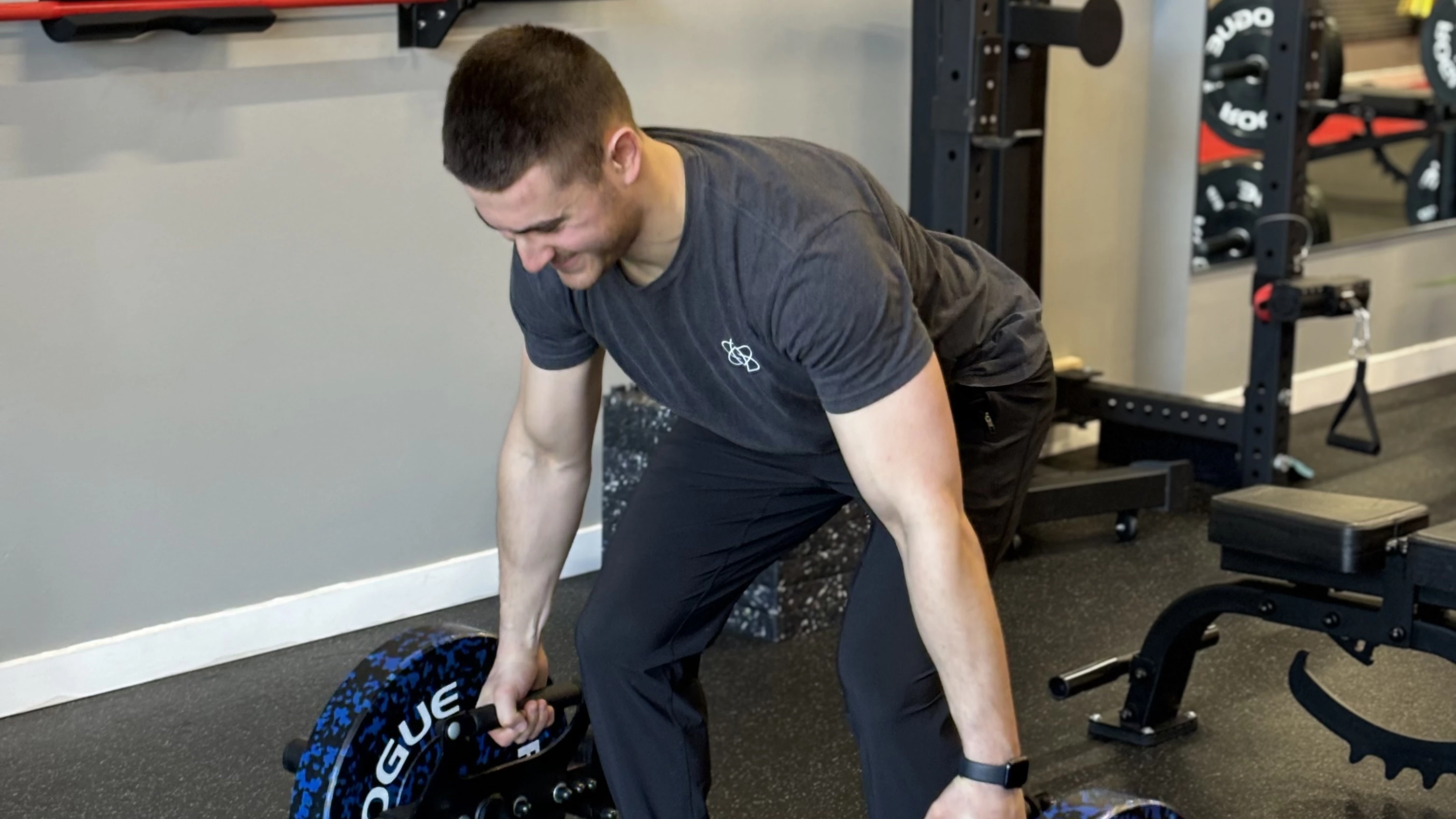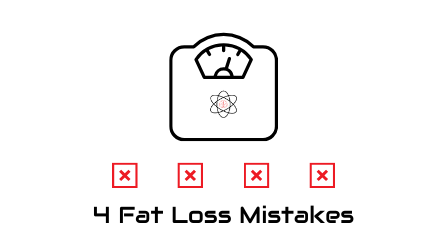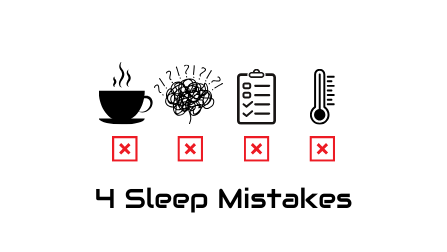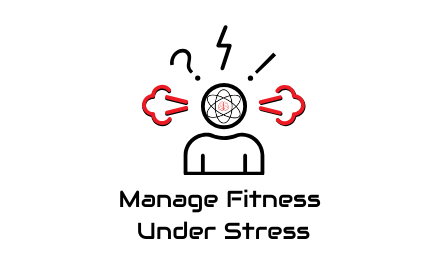Exercise & Mental Health
Studio Fit U
Mindset/Motivation
Published: 06/12/2022
Update: 28/01/2025

Why is exercise good for your mental health?
Everybody knows it, exercise is good for your physical health and mental health. If everybody exercised regularly, we would spend far less money on healthcare. Everybody agrees with that but yet so many people have a hard time prioritising exercise in their life. Imagine a society where everybody exercised, people would have more energy, feel more confident, would take less sick days, would have less injuries and if they did they would recover much faster from them. I could go on and on with the benefits of exercise but I think you get my point. Doesn’t that sound amazing? Exercise is the magic pill that has a positive effect on almost all aspects of your life. It is probably the most widely recommended treatment for anything. Exercise won’t prevent you from getting in a car accident but it is the treatment that will help you get back on your feet the fastest. It is also tremendously good to improve your mental health. But why is that? It seems kind of counter intuitive that moving your body improves something so intangible as how you feel in your mind, but here are the reasons why.
Delayed gratification vs Instant gratification
Delayed gratification is the act of disregarding an instant reward in the hopes you will get a bigger reward later on. In simple terms it means you prioritise long term goals instead of instant pleasures. There's nothing wrong with instant pleasures, but if your life is only filled with instant pleasures, chances are you feel like you're missing something in your life. Don't get me wrong, they are essential to live a happy full life. Life would be really boring without them. They bring a lot of joy quickly, but that intense sense of joy you first felt when you started doing something will quickly fade away when you abuse it. That first bite of cake might bring you great joy but the chances are after eating your third slice, that joy will have disappeared. Instant pleasures are addictive, they leave you wanting for more and more and ultimately lead you to chase your own tail looking for the next rush. Heres some example of instant pleasures, video games, food, drugs, alcohol, sex, partying, watching tv, buying things, etc. Imagine a life without those, pretty boring right? But for these things to remain fun you have to do them sparingly, do them all the time and you're bound to not feeling your best.
On the other hand delayed gratification asks that you choose not to prioritise instant pleasures in order to reach a long term goal. Saving money for a house instead of buying clothes you don’t need. Going to see a personal trainer instead of buying a brand new home cinema. Getting a good night's sleep instead of going to a party.
Writing these blogs is actually a way for me to prioritise delayed gratification. I don’t know if anybody reads them but I believe in the long term they will help me reach my goal of helping people improve their health and that’s the reason why I'm doing it.
Delayed gratification is something that makes you feel like you have power over your life. It makes you feel like you can control the outcomes you will get. That even if ultimately you didn’t reach your goal at least you did everything in your power to reach it. It is easy to understand why they are so important to your mental health. Exercise is the perfect example of delayed gratification, it can take weeks or even months to start seeing the results, but you do it because you know that ultimately it will pay off. And, once it does, the satisfaction is so great that you’ll feel like a new person. Delayed gratification is hard, you have to do things that will make you uncomfortable, things that will make you push yourself and it takes time. That’s the main reason people say when you ask them why they don’t exercise : time. But that’s actually the beauty of training, is that you take the time out of other activities to better yourself. It’s like growing a tree, you’re not going to get fruits right away but once you taste those fruits, they will be the sweetest you’ll ever taste.
People that only prioritise delayed gratification are often high achievers, driven and sometimes obsessed. They’re the type of people that go to bed at 8pm to go workout the next morning at 4 am. The best of the bests are people that only prioritise their long term goals, they’re willing to do what nobody else does in order to get what they want. Think of olympic athletes, they’re ready to follow the hardest training and diet regimen for four years to sometime compete in an event that can last only seconds. During his whole career Usain Bolt only ran for less than 5 minutes in the olympics. Now that’s dedication. Most people don’t want to be the fastest runner and you don’t have to do the same, your goal doesn’t have to be being the best it could only be getting better at something. Being able to run 5k, squatting 225 pounds, gaining 5 lbs of muscles. You just have to find your goal and do something to get to it. And please do not disregard instant pleasures. Just moderate them and they will feel feel even better when you indulge from time to time.
Getting inside your own body
Another way training can improve your mental health is that it lets you get outside of your head and start being mindful of your own body. Some people never take the time to occupy their bodies. The last time they did sports was in 6th grade in physical education class. They’ve never taken the chance to feel their muscles burning, the tension in their legs when they do a set of heavy squats, the sweet feeling of having some muscle fatigue after a hard workout. As much as people who never read a book are missing something, people that never move are also missing a whole dimension in their life. When your mental health declines, you might have constant thoughts running through your mind. Worries, past mistakes and failures can be resurfacing out of nowhere. One thing that is recommended if that’s your case is mindfulness meditation. Mindfulness meditation is the act of focusing on detaching yourself from your thoughts and focusing on things that are happening in the present moment like your breathing and your body’s sensations.
I think you’re starting to feel the point I'm trying to make here. Exercise has a lot in common with mindfulness and to me that’s one of the reasons why it is so good for my mental health. I take 1 hour in my day where I stop thinking about everything and start focusing on what’s happening in the moment and feel my own body. When I'm in the middle of a set there’s nothing else I can think of but the current repetition I'm trying to complete. Focusing on your body instead of thoughts will help you clear your mind and help you realise that your brain is not only useful for thoughts but also actions.
Feeling Able
Imagine not feeling able to do stuff, feeling in pain every time you bend your knees or back, not feeling able to say yes when your friends invite you to go on a hike. I don’t know for you, but for me it would be hard to maintain a good mental state If that’s the way I felt about my body. Resistance training is not only to have big biceps. It is actually the best way to gain strength and control on your body. Improve those two things and you will gain confidence in your ability to do things.
One of the main reasons people feel old is because they don’t feel like they can do the things they could easily do when they were younger. The main reason why you can’t do what you used to do is not because of the years piling up, it’s because you never worked on maintaining or improving those abilities. The good news is it’s never too late to start. Plenty of people have started training in their sixties and dramatically improved their quality of life. Resistance training will give you a sense of power, it will make you confident in your body’s ability to tackle the challenges you face on a daily basis.
Working on a long term goal, being in the present moment and feeling able are all great ways to improve your mental health. Training lets you do all those things at once, that’s why it's probably one of the most recommended things to do when you’re feeling down. Exercise will not fix all your problems but it will make you realise that when you work hard, things will improve.
There’s many other ways exercise can improve your mental health. If you'd like to know more feel free to read more!
In the same category



STUDIO

Personal & Personalized Training
MONTREAL
4824 Ch. de la Côte-des-Neiges, Montréal, QC H3V 1G4